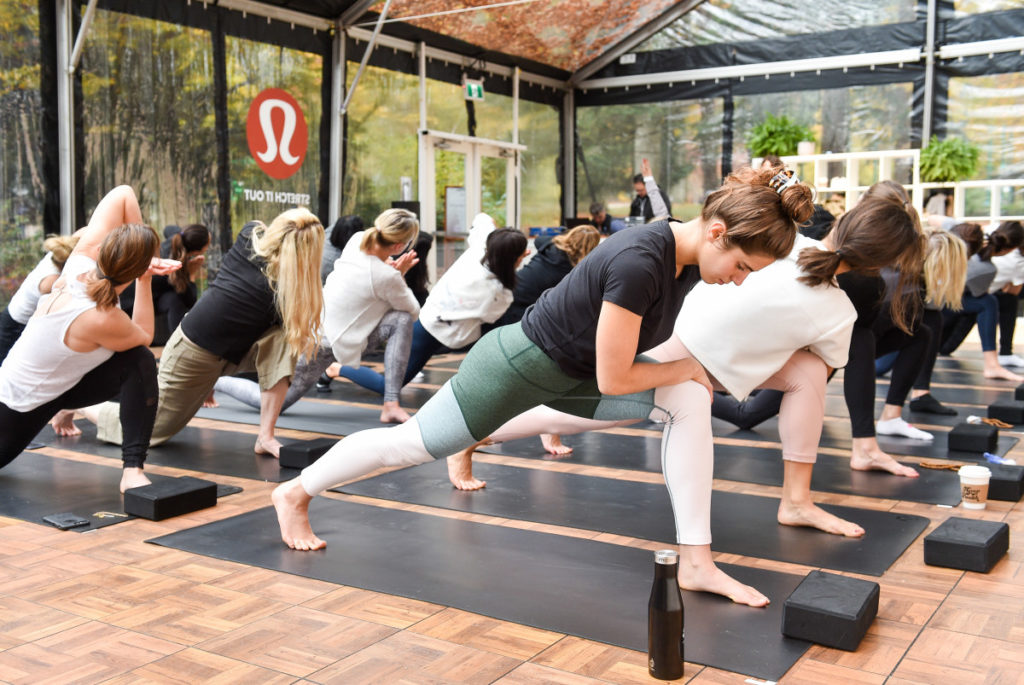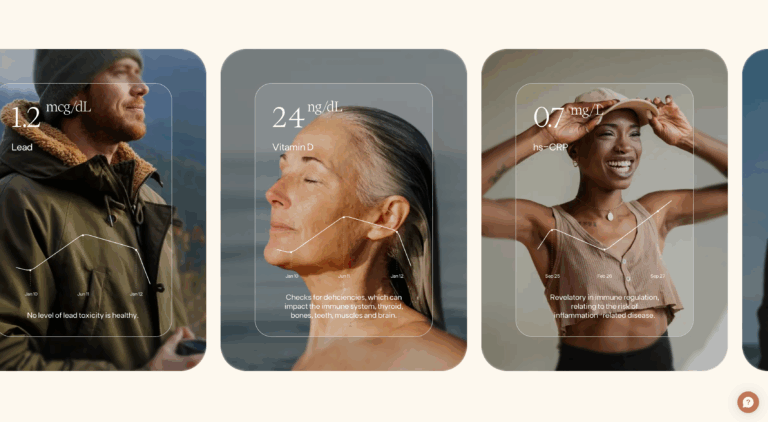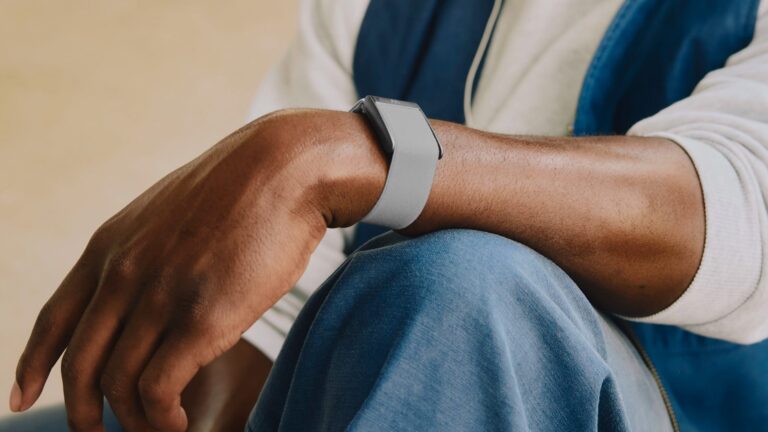Welcome to the Fitt Insider Weekly Debrief. Every weekend, we compile the top stories impacting the business of fitness and wellness from the past week.
Here’s what you need to know…
- lululemon goes plant-based
- Metabolic fitness startup adds $17.5M
- TRX, Future, obé enter corporate wellness
- Athletic Brewing to open a pop-up gym
Plant-based Activewear
lululemon is doubling down on sustainability, investing in sustainable materials maker Genomatica ahead of launching plant-based activewear.
“Together, the two companies will create a lower-impact, plant-based nylon to replace conventional nylon, which is the largest volume of synthetic material currently used to make lululemon products.”
This news adds to lulu’s growing list of sustainability efforts, including a recommerce trade-in program and yoga accessories like mats and bags, made from mushroom-based materials.
lululemon aside, activewear retailers are all in on sustainability.
- adidas aims to make nine out of 10 products more sustainable by 2025.
- Eco-friendly shoe brand Allbirds launched a line of sustainable activewear.
- Girlfriend Collective has gained traction by prioritizing recycled materials.
The big picture: Whether work is fully remote or an office hybrid, activewear is becoming an essential part of post-pandemic dress code — and brands are looking to cash in from all angles.
- Kate Hudson-backed apparel maker Fabletics is eyeing a $5B+ IPO.
- Levi Strauss & Co. is acquiring apparel brand Beyond Yoga.
- Wolverine Worldwide acquired activewear brand Sweaty Betty for $410M.
Metabolic Fitness
Ultrahuman, a metabolic fitness platform, raised $17.5M in Series B funding.
Founded in 2019, Ultrahuman initially focused on digital health and fitness content. Turning its attention to glucose monitoring, the company recently introduced a wearable device for health optimization.
Part man, part machine. In June, the company launched its wearable glucose monitor and accompanying app, dubbed “Ultrahuman Cyborg.”
Tracking blood sugar in real time, users are able to fine-tune their exercise and nutrition habits, nudging users toward healthy behaviors. The company has thousands of people on a waitlist that’s growing 60% week-over-week.
Armed with new capital, Ultrahuman aims to improve its biomarker technology while moving beyond fitness to positively impact the growing metabolic health crisis.
The business of blood sugar. Ultrahuman joins a growing number of startups targeting continuous glucose monitoring.
- Levels raised a $12M seed round in fall 2020.
- Supersapiens announced $13.5M in April 2021.
- January AI secured $8.8M ($20M total) in February 2021.
- Veri closed a $4M seed round in June 2021.
Looking ahead: Diabetic or not, glucose monitoring could unlock personalized insights for a wider market.
Reimagining Corporate Wellness
Corporate wellness isn’t a new concept, but during the pandemic, employee well-being became a top priority.
- The US employee wellness industry was worth $8B in 2019.
- Globally, this number is expected to top $94B by 2026.
Searching for solutions, employers turned to digital health and fitness providers. Seizing the moment, from mental health to virtual workouts and wellness aggregators, health-focused platforms shifted their attention to enterprise sales.
In particular, this week saw more companies jump into corporate wellness.
- obé fitness debuted obé for work “to inspire your workforce to get moving, together.”
- TRX rolled out digital fitness solution “TRX for Employee Wellbeing“
- Future hired former EXOS VP of enterprise sales Chris Sherry to scale its employer offering.
These recent developments add to a flurry of activity in the space:
- Earlier this year, Peloton rolled out its corporate wellness offering.
- Gympass recently raised $220M for its corporate well-being platform.
- This summer, wellness benefits platform JOON raised $2.3M in seed funding.
Looking ahead: With burnout soaring as employers try to meet the evolving needs of a hybrid workforce, employee wellness will remain a primary concern — leading health and fitness companies to hone in on this market.
Athletic Bar
Nonalcoholic brewer Athletic Brewing is opening a taproom and gym pop-up in Austin, Texas on September 1.
Beer and burpees. The 2,000-square-foot Athletic Bar will feature local instructors teaching a variety of fitness classes. Afterward, participants will be treated to an adult beverage, free of alcohol and free of charge.
“Merging physical activity with great-tasting, high-quality, non-alcoholic beer is what Athletic Bar is all about.”
Rebranding beer. According to Athletic Brewing CEO Bill Shufelt, his company commands ~50% market share of the nonalcoholic beer category.
The key? As Shufelt told us on the Fitt Insider podcast, Athletic Brewing destigmatized a product that was thought of as being uncool. Similarly, he proved that this niche market was much bigger than anyone realized.
Since starting the company, Shufelt said the nonalcoholic beer category has grown 230%. Pursuing this growing opportunity, Athletic Brewing closed a $50M funding round in May 2021.
NA is the new cool. As we detailed in Issue No. 114 of Fitt Insider, no- or low-alcohol beverages are expected to gain ground.
“By 2025, the global market for nonalcoholic wine and beer is estimated to reach $30B. And alcohol-free beer is expected to grow its share of the beer category from 2% in 2019 to 4.45% by 2024.”
Looking ahead: Big Alcohol isn’t going anywhere. But, with room to grow, alcohol alternatives will become the billion-dollar beverage brands of the future.






